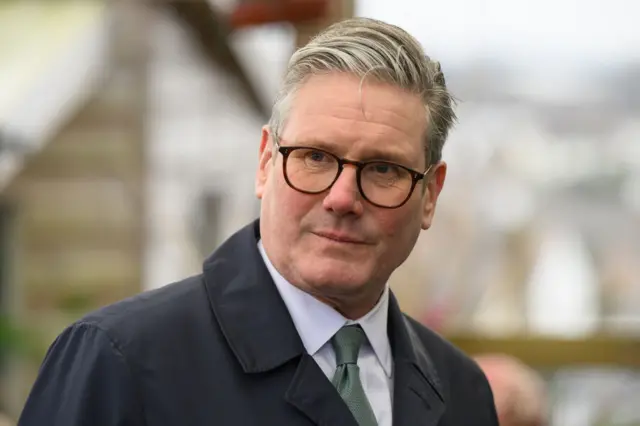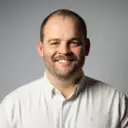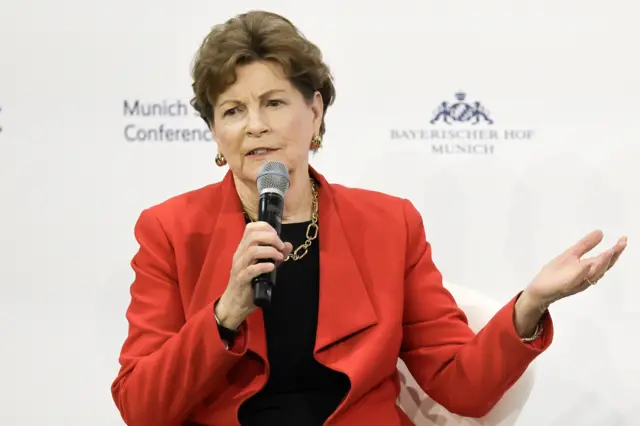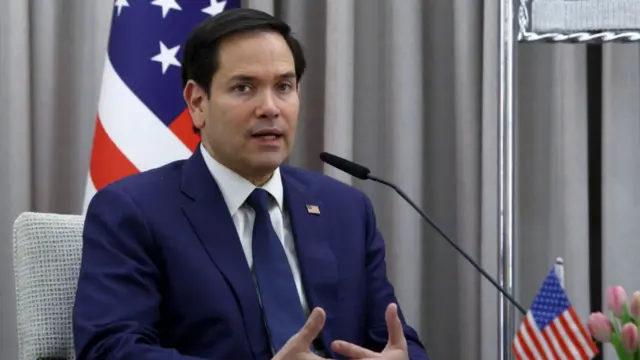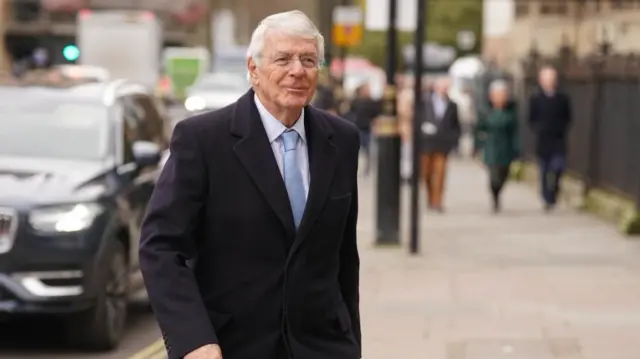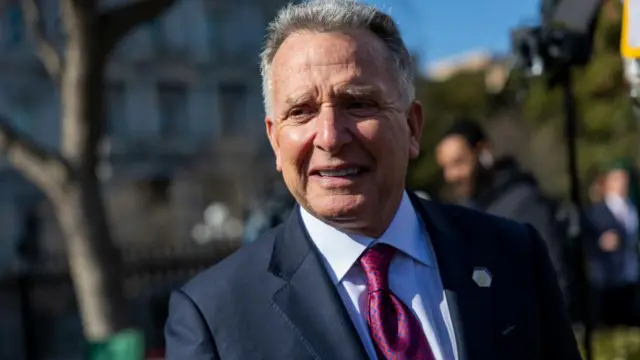US-Russia talks to begin Tuesday, media reportspublished at 05:30 GMT 17 February
A number of media outlets in the US and Russia are reporting that the talks will begin on Tuesday in the Saudi Arabia capital of Riyadh.
US Secretary of State Marco Rubio, Middle East special envoy Steve Witkoff and National Security Adviser Mike Waltz are all traveling to the gulf state for the discussions. Trump has also said he expects to meet Putin "very soon".
Ukraine has notably not been invited to these talks in Riyadh - something which has alarmed European leaders - Rubio has said they will be part of "real" negotiations later if those do begin, but insisted "we're not there yet".

